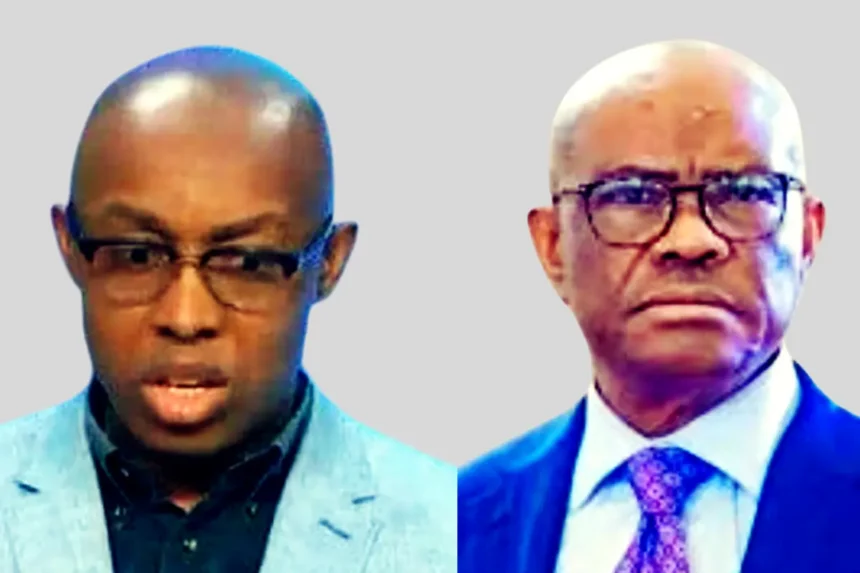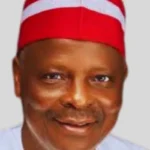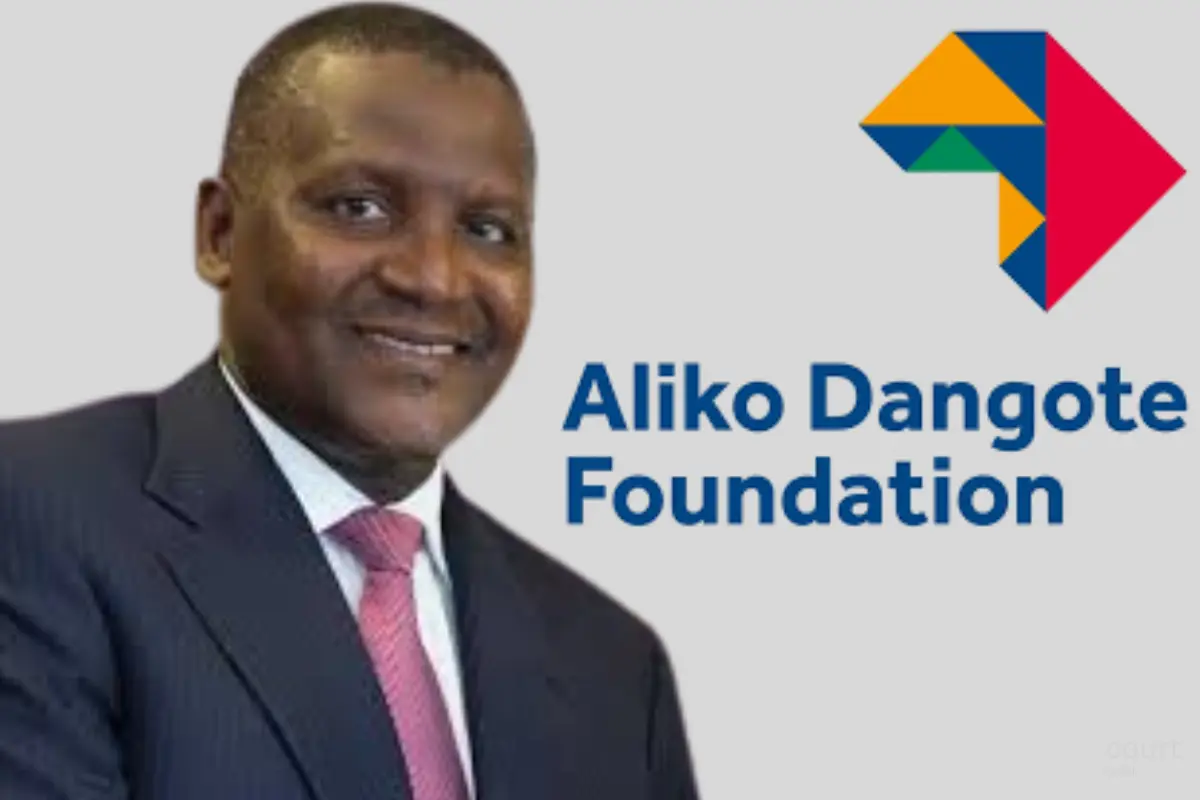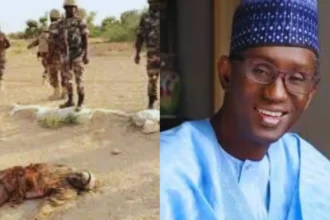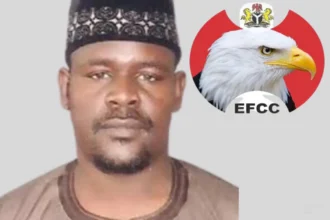The recent call by the Minister of the Federal Capital Territory (FCT), Nyesom Wike, for Chidi Odinkalu to be sanctioned by the Body of Benchers has sparked significant debate. While Wike has not explicitly stated his reasons for the call, our findings suggest that it stems from Odinkalu’s outspoken criticisms of Nigeria’s judiciary. The renowned human rights lawyer has accused the judiciary of corruption, political bias, and malpractice, and several of his remarks have put the judicial system under scrutiny. These statements appear to be at the heart of Wike’s demand for disciplinary action.
Odinkalu’s Criticisms of the Judiciary.
Chidi Odinkalu, a human rights lawyer and former Chairman of the National Human Rights Commission, has been vocal in his condemnation of the Nigerian legal system. His remarks have often targeted what he perceives as corruption, judicial bias, and politicization within the courts. Our findings indicate that these criticisms have particularly drawn the ire of Wike, who may believe that they undermine the credibility and integrity of the judiciary.
The Dele Farotimi Case.
A major aspect of Wike’s concerns appears to be Odinkalu’s commentary on the case of lawyer and activist Dele Farotimi. Odinkalu raised questions about the legality of Farotimi’s arrest and the jurisdiction of the magistrate court handling his case. He highlighted that defamation had been removed from the criminal laws in Ekiti State, which cast doubt on the grounds for the case. Additionally, Odinkalu criticized the court’s rejection of an oral bail application, suggesting that any magistrate court requiring a written application was either corrupt or inadequately trained. When Farotimi was granted bail under a ₦30 million condition, Odinkalu called the amount excessive, questioning its legal basis in a defamation case especially in Ekiti State.
The Rivers State Crisis.
Another point of contention lies in Odinkalu’s criticism of the judiciary’s handling of the Rivers State political crisis, which involved Wike’s loyalists and Governor Siminalayi Fubara. Odinkalu criticized the courts for prioritizing cases that favored Wike’s supporters while neglecting the central issue—the legitimacy of the defected lawmakers. He also questioned the Supreme Court’s ruling on a matter that was not before it, leading to a state of emergency in Rivers State by President Bola Tinubu, which resulted in the suspension of elected officials, including the governor and deputy.
The Sunday Jackson Case.
Odinkalu also criticized the death sentence given to Sunday Jackson, a farmer who killed a herder in self-defense after the herder attacked him on his farm. Odinkalu described the judgment as “bad law and bad precedent,” arguing that Jackson’s actions were justifiable self-defense. He questioned the legal reasoning behind the court’s finding that Jackson used excessive force and criticized the judiciary for dismissing self-defense in a country grappling with herdsmen attacks.
Odinkalu has also been vocal in criticizing judicial actions that seem politically influenced, such as a controversial ruling involving Wike and the Emir of Kano, Ado Bayero, regarding the conferment of an honorary degree to Wike by Akwa Ibom State University. Odinkalu questioned the impartiality of the judge in the case, particularly given the judge’s later participation in an event honoring Wike.
Though Wike has not explicitly outlined his reasons for wanting Odinkalu sanctioned, our analysis suggests that these ongoing critiques of the judiciary may be central to his request. Wike has expressed concern that Odinkalu’s public statements, particularly allegations of corruption and bias in the judiciary, are damaging and could erode public confidence in the legal system. Our findings indicate that Wike believes these remarks have gone too far and should be met with disciplinary action from the Body of Benchers.
In response, Odinkalu stands by his critiques, arguing that exposing corruption and political influence within the judiciary is vital for reform. He maintains that calling out such flaws is a necessary step to ensure that the judiciary serves justice equitably and remains free from corruption.
The Body of Benchers will now be tasked with deciding whether to take action based on Wike’s call. The outcome of this case will not only have significant implications for Odinkalu but could also set a precedent for how criticisms of the judiciary are handled in the future.
